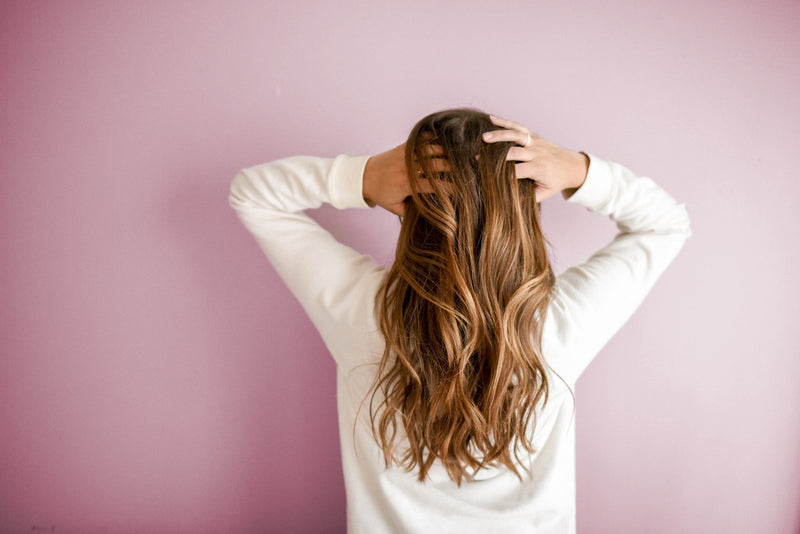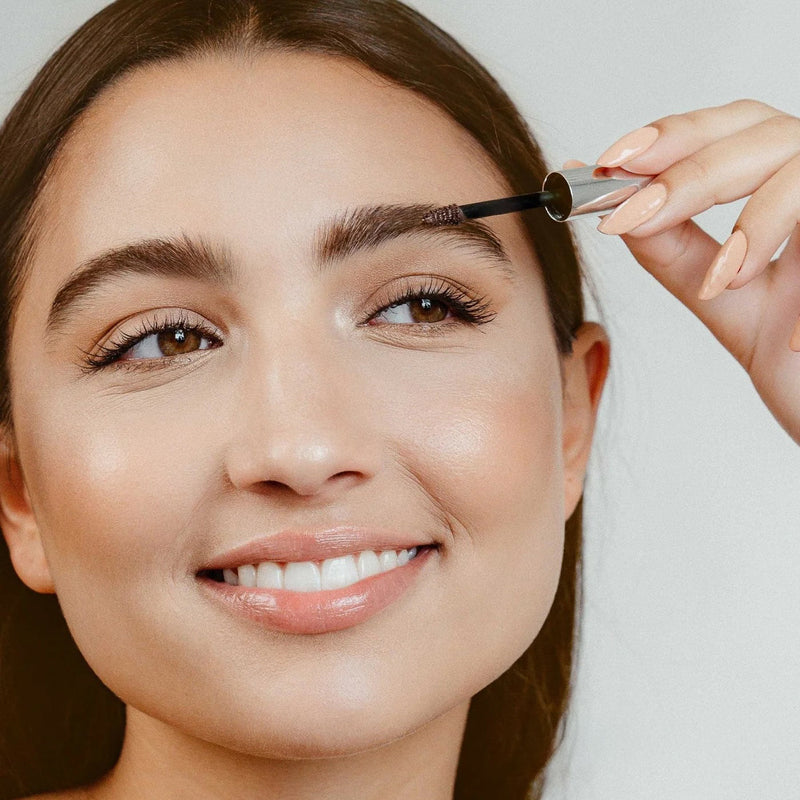Hair thinning is a common concern for both men and women and often a natural part of aging. Identifying the root causes can help you take proactive steps to manage hair loss and restore long, strong, healthy strands. Ready for a confidence boost? Keep reading for dermatologist-approved tips to promote hair growth, reduce breakage, and revive your hair’s natural vitality.
Hair Thinning Explained: Common Causes and What You Can Do
Before diving into solutions, it’s important to understand the most common reasons why hair thinning happens in the first place - so you can address the problem at the root.
1. Hereditary Hair Loss: How Genetics Affect Thinning Hair
One of the most prevalent causes of hair thinning is genetic predisposition. Androgenetic alopecia, commonly known as male or female pattern baldness, is a hereditary condition that affects millions. If your family has a history of hair thinning, there's a higher chance you might experience it too.
2. Hormonal Imbalances That Trigger Hair Thinning
Hormonal imbalances can significantly impact hair health. Shifts such as pregnancy, menopause, and thyroid disorders can lead to temporary or permanent hair thinning. Hormonal changes affect the hair growth cycle, often leading to more shedding.
3. Nutrient Deficiencies That Can Cause Hair Loss
Your diet plays a crucial role in maintaining healthy hair. A deficiency in essential nutrients such as iron, zinc, vitamin D, and proteins can lead to hair thinning. Ensuring a balanced diet rich in these nutrients can help support hair health.
4. Stress-Related Hair Loss: Understanding Telogen Effluvium
High levels of stress can push hair follicles into a resting phase, leading to increased hair shedding. This condition, known as telogen effluvium, is usually temporary but can be distressing. Managing stress through relaxation techniques, exercise, and mindfulness can improve the situation. Pssst. stress also impacts the skin.
5. Medical Conditions and Medications That Lead to Hair Thinning
Certain medical conditions, including autoimmune diseases like alopecia areata, can cause hair thinning. Additionally, some medications, including chemotherapy drugs and beta-blockers, may have hair loss as a side effect.
6. Hair Damage from Tight Hairstyles and Harsh Treatments
Wearing hairstyles that pull on the hair or deposit harsh chemicals, such as perms or chemical hair straightening treatments, can damage the hair and lead to hair loss.
 6 Derm-Approved Ways To Promote Hair Growth
6 Derm-Approved Ways To Promote Hair Growth
1. Start At The Source: The Scalp
Hair growth stems from the follicles on our scalp. A healthy scalp = healthy hair follicles. Maintain a clean scalp by preventing buildup and promoting blood circulation with regular scalp massages. Use your fingers to gently massage your scalp for 2-3 minutes daily. While you're at it, incorporate rosemary or castor oil into your scalp massage. Studies show rosemary increases circulation, preventing hair follicles from being starved of blood supply and dying off. Similarly, castor oil is rich in ricinoleic acid, a fatty acid that improves blood circulation and promotes hair growth when applied to the scalp. Want to up your massage game? Use a scalp gua sha stone.
2. Protect Your Hair From Heat Damage
Regular use of heated styling tools like straighteners, curling irons, and hair dryers can cause breakage, decrease moisture in your hair, and slow growth. To avoid this, use a heat protectant spray before using your styling tools, and try to air-dry your hair whenever possible. If air-drying isn't an option, use an ultra-absorbing microfiber hair towel that protects your wet hair and cuts your blow-dry time in half.
3. The Diet-Hair Loss Connection
Nourish your hair from within. Your body needs adequate nutrients to support healthy hair. Hair is made of protein, so incorporating foods rich in protein, like chicken, fish, nuts, and legumes, can help strengthen and promote hair growth. Additionally, a colourful diet full of plants that are naturally high in antioxidants will combat oxidative stress and neutralize free radicals. Vitamins and minerals such as biotin and collagen provide the body with specific amino acids that make up keratin (the protein that helps form hair). Biotin, in particular, is known as the "hair growth vitamin" and can be found in foods like eggs, almonds, and sweet potatoes. We recommend consuming a food-based source of these vitamins and minerals as additional research is warranted to determine supplement (pill or powder-form) efficacy.
4. Avoid Tight Hairstyles
Cute as they may be, hairstyles that pull on your hair, such as tight braids or buns, can cause tension and breakage, leading to slower growth. Choose hairstyles that are gentle and do not put too much stress on your hair and scalp. Best way to sleep to avoid hair damage? Why, on a satin pillowcase, of course, with hair worn loose. It's also helpful to choose a gentle hair brush to evenly distribute the natural oils present within the hair and avoid product buildup. GK ProTip: Always start brushing from the ends and work your way up—brushing from the roots down can cause breakage and split ends.
5. Use Products Designed To Promote Hair Growth
Incorporate a natural hair growth serum to stimulate hair growth for a fuller, thicker head of hair, like this natural pre-wash scalp and hair treatment from Innersense Beauty. Choose shampoos, conditioners, and hair masks specifically designed to promote hair growth, and avoid using products that contain harsh chemicals, as these can damage your hair and slow growth. Clean formulas use a combination of apple cider vinegar and vitamin B3 to help deeply cleanse and clarify the scalp without dehydrating the hair.
6. Reduce Stress
Easy peasy, right? High stress levels have been linked to hair loss and slower hair growth, so finding ways to manage stress through exercise, meditation, and therapy can help improve hair (and skin!) health. Take time for self-care, practice relaxation techniques, and make changes to your lifestyle to reduce stress. We know ... easier said than done.
Our Takeaway: Struggling with Thinning Hair? These 6 Dermatologist-Approved Growth Tips Actually Work!
In the quest for longer, stronger hair (the tag #hairgrowth has over 1.2 billion views on TikTok, so clearly, we're not alone), there are several tried and true ways to promote healthy hair growth, from maintaining a balanced diet and prioritizing scalp health to avoiding heat damage and managing stress. Hair growth takes time, so be patient and consistent in your hair care routine. If you're experiencing significant hair loss, consult a dermatologist or trichologist who can help determine the best course of action for promoting healthy hair growth and address any underlying conditions that may be affecting hair health. For a personalized natural hair care routine that will help you regain confidence in your hair health, contact your knowledgeable Green Kiss Educator today.
All copy found on The Green Kiss website is written for informational purposes only and is not a substitute for professional medical advice.




